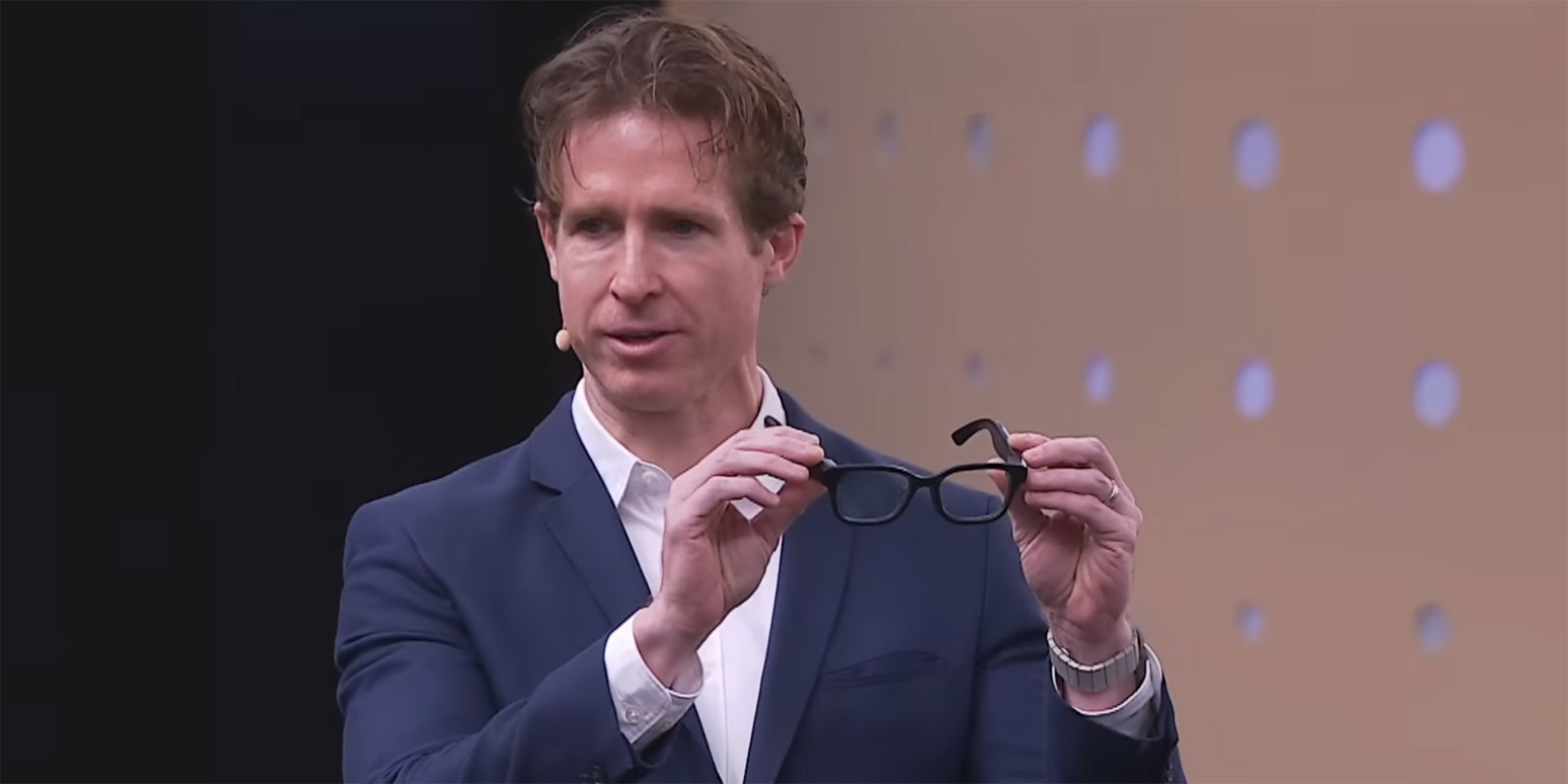Google and Magic Leap Extend Partnership to Advance Android XR Glasses
In a significant move to bolster its position in the augmented reality (AR) market, Google has announced an extension of its partnership with Magic Leap, a company renowned for its AR innovations. This collaboration aims to enhance the development and manufacturing of Android XR glasses, marking a pivotal step in Google’s strategy to integrate AR technology into everyday consumer experiences.
Background of the Partnership
The relationship between Google and Magic Leap dates back to the mid-2010s when Google was among the early investors in Magic Leap. Over the years, both companies have made substantial strides in AR technology. Magic Leap, in particular, has been recognized for its advanced optics and manufacturing capabilities, which have set industry standards.
In May 2024, the two tech giants formalized their collaboration by entering into a multi-faceted, strategic technology partnership. This alliance was designed to combine Magic Leap’s expertise in optics and manufacturing with Google’s technological platforms, aiming to bring a broader range of immersive experiences to the market.
Advancements in Android XR Glasses
The extended partnership focuses on the development of Android XR glasses, a project that has been in the works for several years. These glasses are designed to seamlessly integrate with the Android ecosystem, providing users with augmented reality experiences that enhance daily activities.
At the Google I/O 2025 conference, the company showcased a prototype of these glasses, highlighting features such as real-time translation, navigation assistance, and contextual information overlays. The demonstration emphasized the potential of Android XR glasses to revolutionize how users interact with their environment.
Collaborations with Other Industry Leaders
In addition to Magic Leap, Google has been collaborating with other industry leaders to advance its AR initiatives. Notably, the company has partnered with Samsung to develop Android XR headsets. This collaboration aims to create a software and hardware platform that enables the ecosystem to produce high-quality AR devices.
Furthermore, Google has been working with eyewear brands like Warby Parker and Gentle Monster to design stylish and functional AR glasses. These partnerships underscore Google’s commitment to making AR technology both accessible and fashionable for consumers.
Challenges and Future Prospects
Despite the promising developments, the journey to mainstream adoption of AR glasses is not without challenges. Technical hurdles such as battery life, display quality, and user comfort remain significant concerns. Additionally, the market’s reception to AR technology will play a crucial role in determining the success of these devices.
However, with the combined expertise of Google, Magic Leap, and other partners, there is a strong foundation for overcoming these challenges. The extended partnership signifies a shared vision to push the boundaries of AR technology and deliver innovative products to consumers.
Conclusion
The extension of the partnership between Google and Magic Leap marks a significant milestone in the development of Android XR glasses. By leveraging Magic Leap’s expertise in optics and manufacturing, Google is poised to accelerate the integration of AR technology into the Android ecosystem. As these collaborations continue to evolve, consumers can anticipate a new era of immersive and interactive experiences that seamlessly blend the digital and physical worlds.



